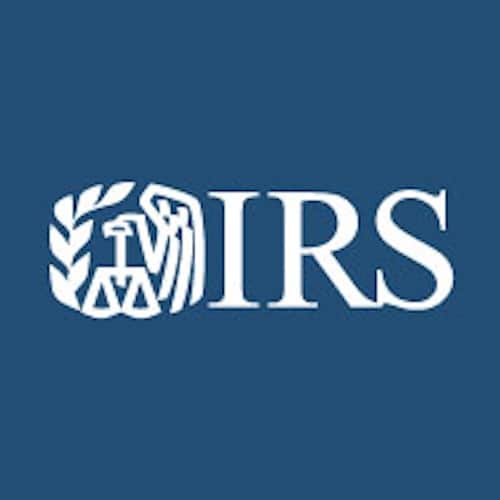
The IRS recently issued a news release advising taxpayers on how to choose the right tax preparer or accountant to prepare tax returns. While many people with simple tax returns such as wage earners may not need the services of a tax preparer or accountant, many people with potentially complex tax returns such as business owners should have their tax returns professionally prepared. While a good accountant is worth his or her weight in gold, a bad accountant can create large (and expensive) problems.
Tax returns can be complicated. Good accountants are highly trained professionals who took years to master their skills. (We have nothing but the utmost respect and admiration for our accountant colleagues who work with us regularly to help our clients.) However, almost anybody can become a professional tax preparer in the United States. There is no requirement to have any type of degree or license to prepare a tax return. Many accountants and tax preparers have a CPA or Enrolled Agent (EA) license and have years of experience and training. (These are the people you should hire!) Some accountants and tax preparers have no licensure and little or no training.
The IRS’ news release brings up the issues of so-called ghost preparers. Given the barriers of entry to being a professional tax preparer are incredibly low, a tax preparer who is illegally preparing returns should raise huge red flags. Professional tax preparers are required to have an IRS issued Preparer Tax Identification Number (PTIN) and sign the returns they prepare. While it may be harder to order a pizza than to obtain a PTIN, a tax preparer who does not sign your return and does not have a PTIN should not get your business!
While there are some disreputable individuals preparing taxes, this should by no means scare you from hiring a reputable accountant. While the best accountants cannot prevent every tax problem, many of our clients could have avoided thousands of dollars (and in some cases millions of dollars) worth of tax problems if they had just hired a reputable accountant and followed their accountant’s advice. Not only is a good accountant more likely to prepare your return accurately and correctly, but you may potentially avoid IRS accessed accuracy-related penalties if your accountant prepared return has errors.
If you or your tax software make an error on your tax return, case law makes it clear the error is your fault and you will be required to pay accuracy related penalties (which can be up to 40% of the tax). If your accountant makes an error on your return, you may be able to avoid accuracy related penalties if you can argue you reasonably relied on your accountant’s advice. This alone support having good accountant provides an “insurance policy” for those with potentially complicated tax returns. Accountants can also provide you with tax planning advice to potentially reduce your tax bill.
At RJS LAW, we have represented hundreds of clients with good accountants, clients with bad accountants, and clients who should have gone to an accountant with issues before numerous taxing authorities. We help clients with a wide range of federal and state tax problems including audits, collection matters, and criminal matters. Call our office at 619-595-1655 for a free consultation.

Leave a Reply